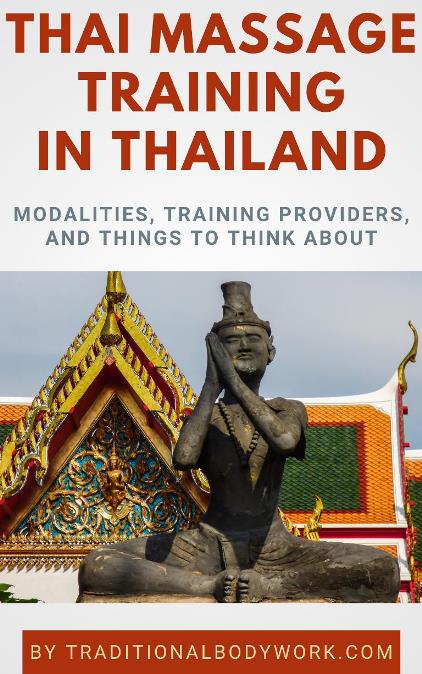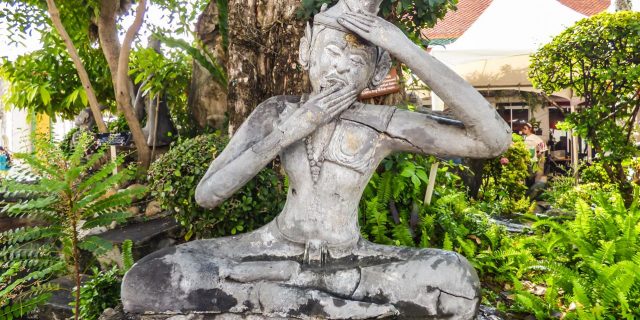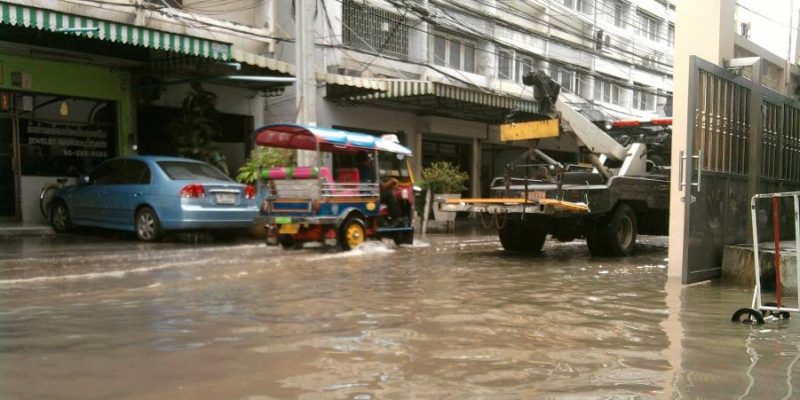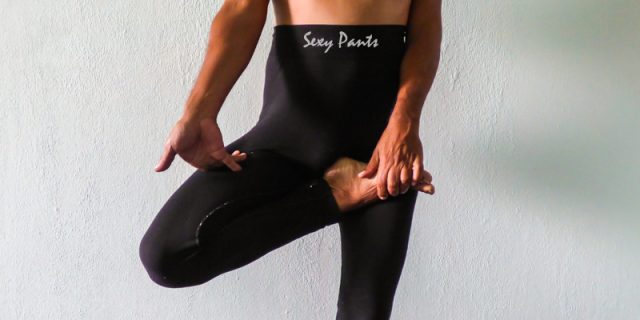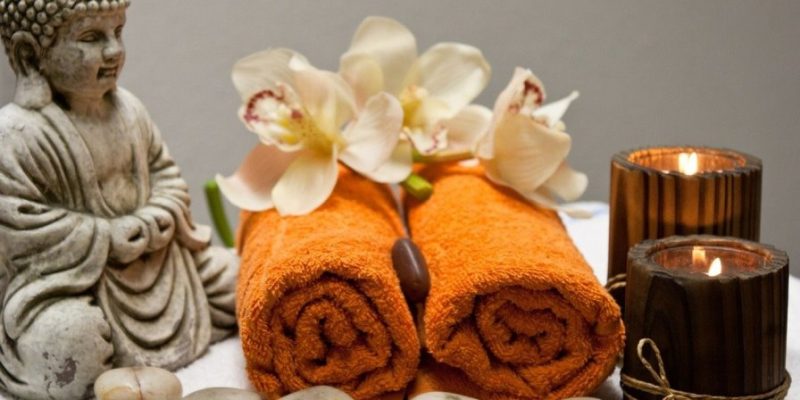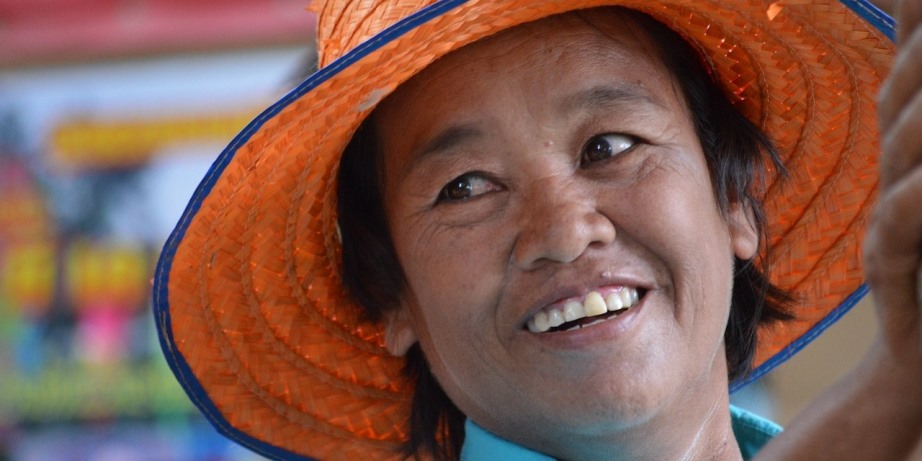
The famous Thai smile is a mysterious phenomenon. In the “Land of Smiles,” as Thailand is often called, it can mean at least five different things: a genuine smile of sympathy or humor, a gesture of contempt, a cover for anger or frustration, mockery, or simply not knowing the answer to your question.
For us, as foreigners, it’s almost impossible to know what a given smile really beholds. But often we will find out afterwards anyway — due to what happens, or doesn’t happen, for that matter.
If you’ve insulted a Thai, or if you have them lose face, or if you yourself have “lost face,” it will be awfully hard to get some goodwill back. Sure, you will still get “the smile,” but from this person you won’t get anything done any longer.
Thailand is without any doubt an amazing holiday destination, with beautiful islands, great snorkeling spots, nice weather, magnificent forests, waterfalls, and mountains. With splendid food, stunning temples and great arts, boasting on top of all that a world-renowned traditional healing system.
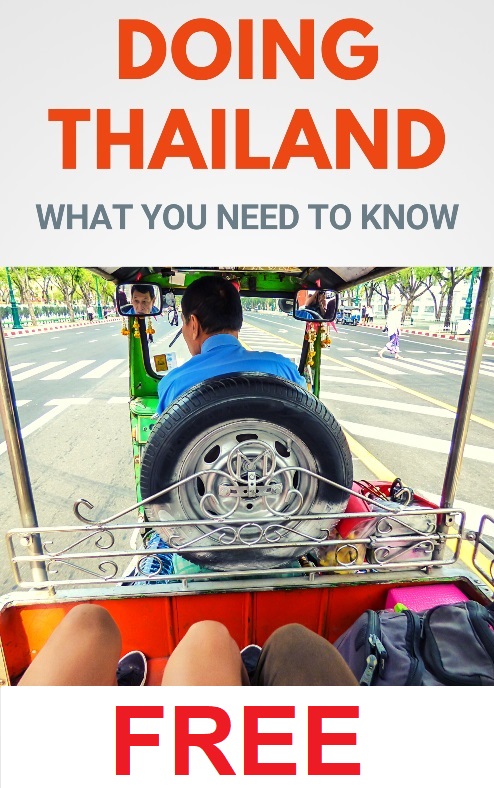
But Thailand is very hard to adapt to — it’s tough to settle down into Thai society and culture. For many Westerners it will almost certainly prove to be a nightmare.
The country is a complete paradox: the Thai hate authority, but bow for it very deeply at the same time. They hate quarrels and go for harmony, but hit the streets with violent protests, and they boast amazingly aggressive television shows, movies, and sitcoms.
They are as undisciplined as can be, but when it comes to food, transport, and trade — well — there isn’t more dedication to be found. An infamously disorderly people, but nevertheless, they adore, thrive on unnecessary paperwork in five-fold, unbridled bureaucracy, and official approval-stamps from all and everyone in the hierarchy.
Motorcycle and scooter accidents are very, very frequent, with disastrous consequences, making Thailand the number one country in terms of traffic accidents, but still the Thai go without helmet, with three or four people on a motorbike, including the little newborn baby, and speeding like the devil is hunting them.
In Thailand, everything needs to be “harmonious,” which means there’s no real place for individuality. It’s not appreciated, because it “breaks” the one-big-happy-family group-spirit. For Westerners, this is most of the times an unsurpassable barrier for real integration in Thai society.
It’s an extremely devout, Buddhist nation, but at the same time the Thai keep the spirits happy with offerings of incense, sweets and strawberry Fanta, eat meat like no other (except maybe for the Germans), firmly stepping on the Buddha’s precepts without a blink of the eye.
The restaurants, the offices, and homes often look clean, on first sight, but don’t look up to the ceiling, and don’t visit the toilets. It’s often all about the surface, appearances, a show for the eyes, and it’s not that Thai don’t see it — no, they just don’t care.
Thailand is a paradoxicracy. Sometimes I think it’s plain schizophrenia that rules. A madhouse not recognizing itself as a madhouse.
And when it comes to us Westerners, the so-called Farangs (foreigners), well, they have this ambiguous love-hate relationship with us, just exactly as we do treasure Thailand and yet at times have our doubts about the country. And in fact, that makes up for an exquisite equilibrium.


